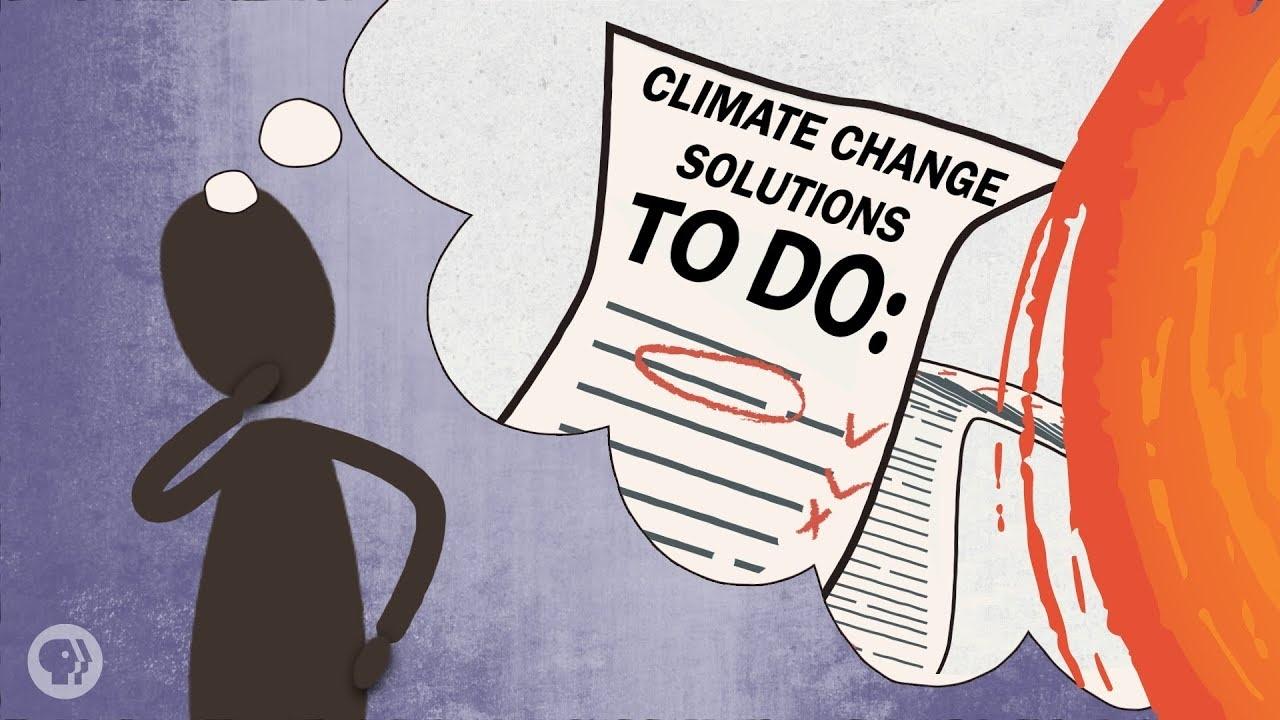Watch Episode

We’ve Ignored Climate Change For More Than a Century
S1 E1 / 4m 43s
We’ve known about the greenhouse effect for nearly 200 years and about climate change for more than a century, but we’ve had a hard time acting because our brains aren’t a good match for a problem this big.




























